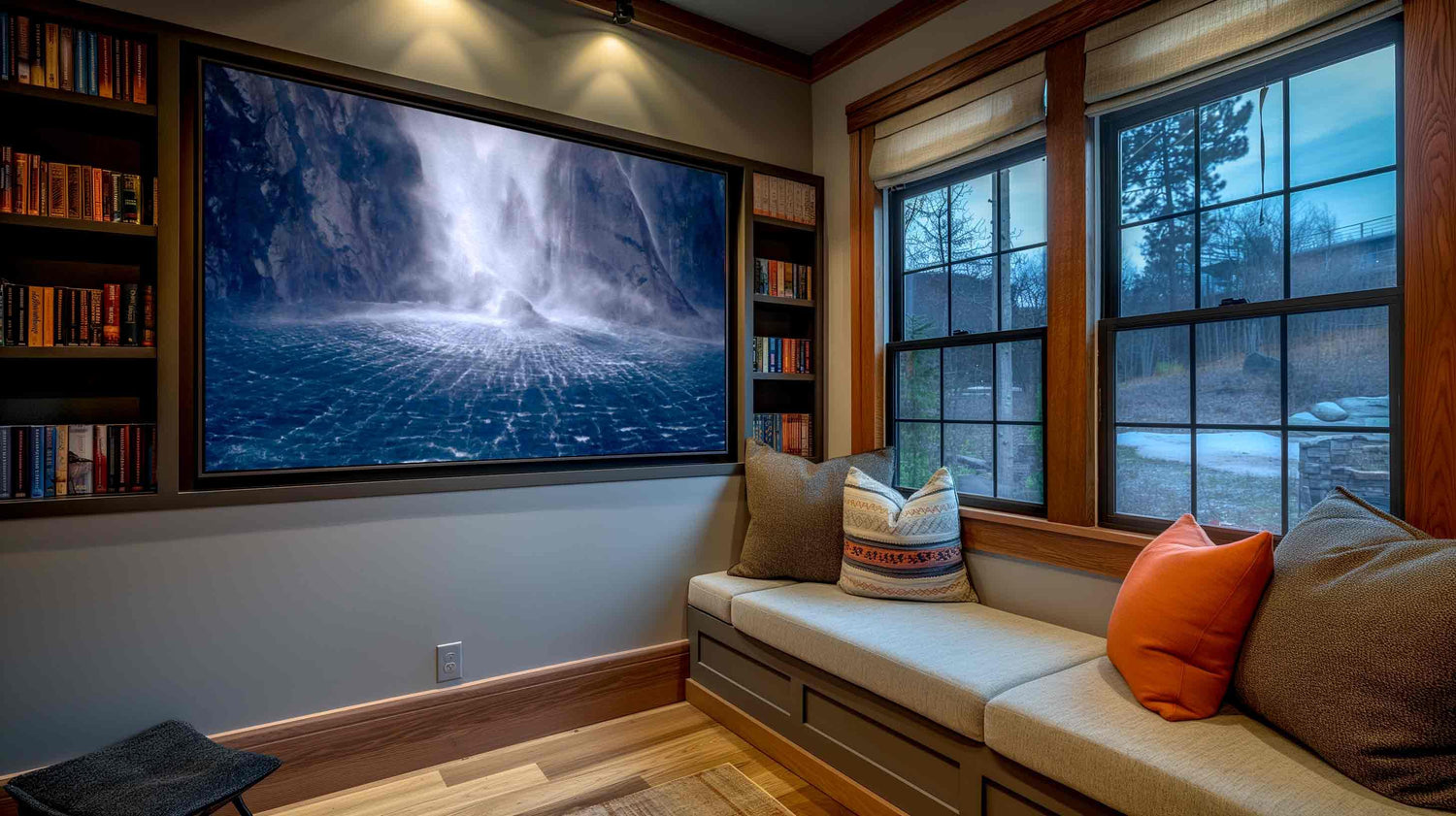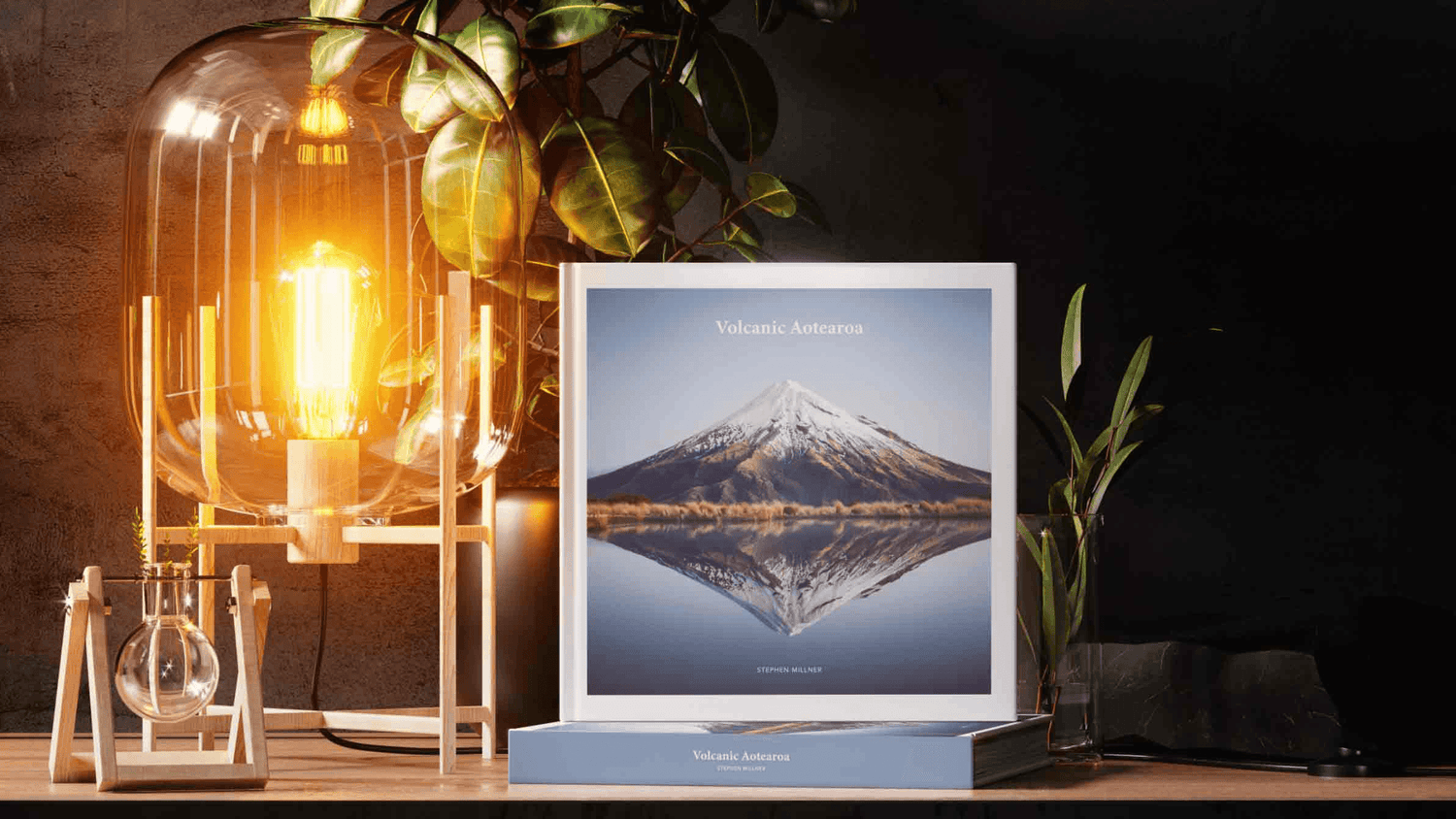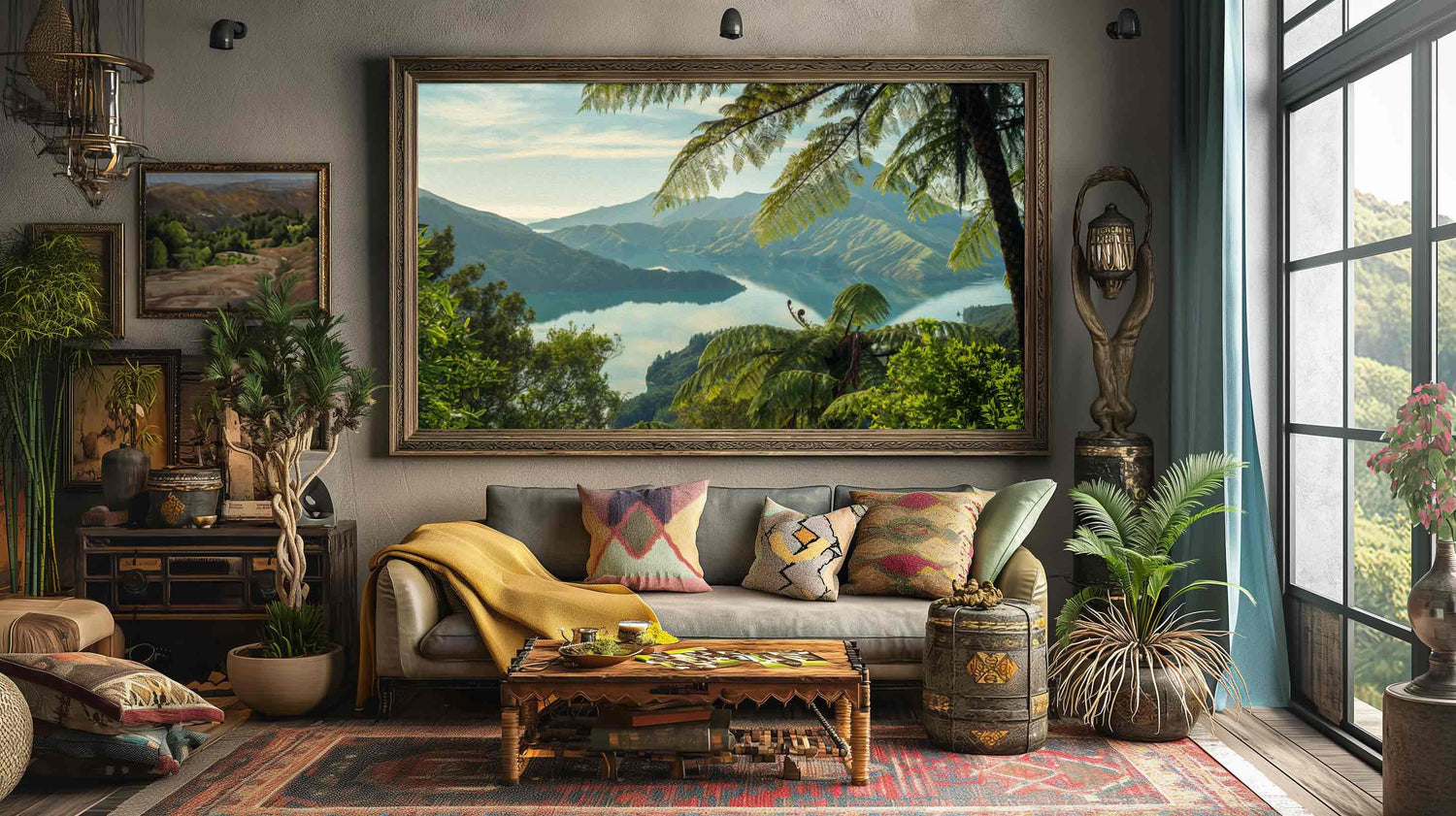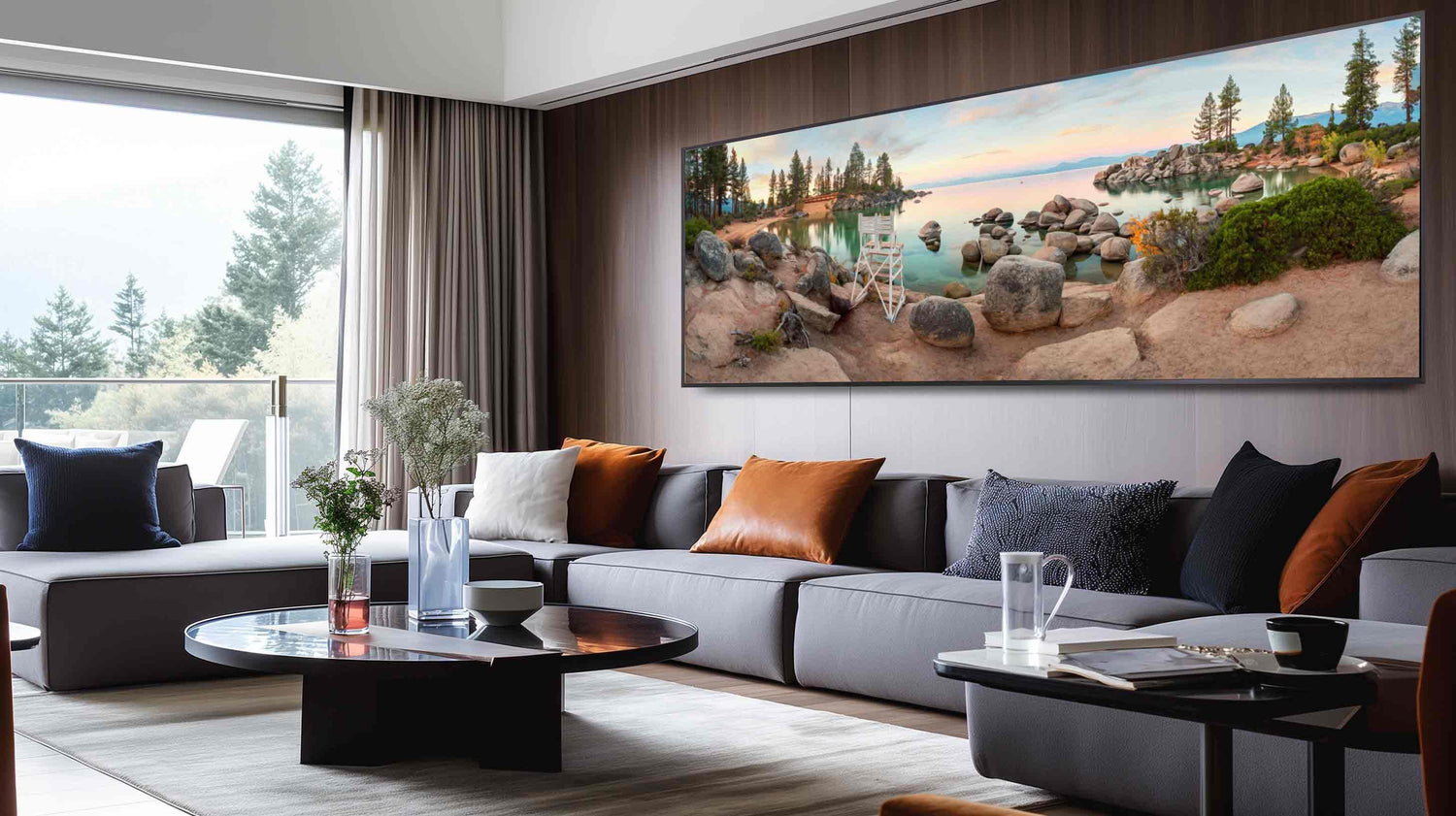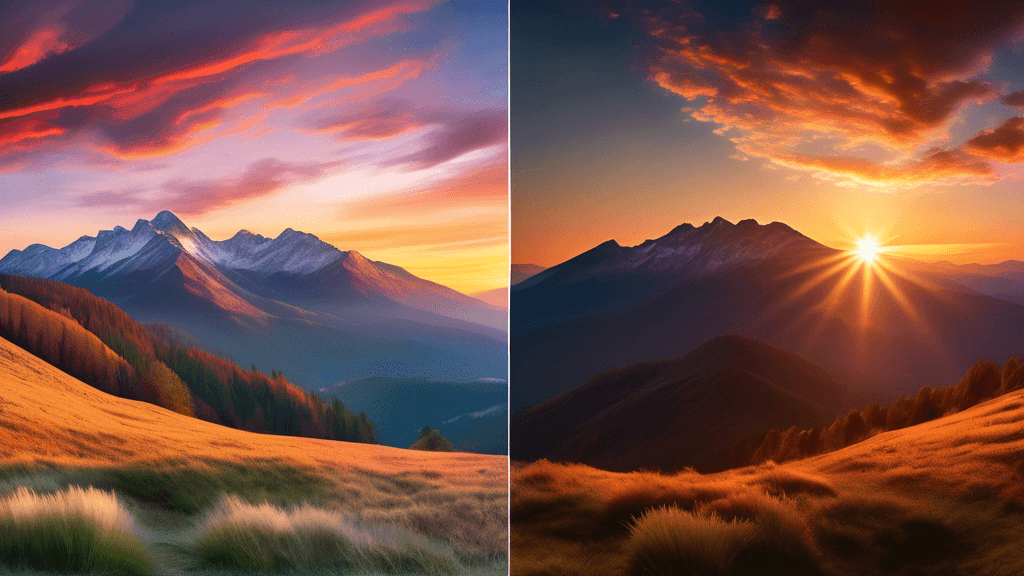
Elevating Your Landscape Photography: A Journey from Novice to Master
Share
The Art of Landscape Photography: Capturing the Heart of Nature
Landscape photography is more than just taking pictures; it's about capturing fleeting moments of nature's magnificence and sharing your perspective with the world. Whether you're just starting out or looking to refine your skills, this blog will guide you through the nuances of elevating your landscape photography from a novice's snapshots to a master's gallery.
Understanding the Basics
Before delving deeper, it's crucial to grasp the fundamentals that form the backbone of landscape photography. Let’s begin with the key elements:
- Composition: The rule of thirds, leading lines, and framing are not just basic principles; they are the tools to bring balance and focus to your shots.
- Lighting: Natural light is unpredictable. Understanding the Golden Hour and the Blue Hour helps in predicting and utilizing these windows for the most dramatic effects.
- Equipment: While a good camera and lens are essentials, don't underestimate the power of tripods, filters, and a remote shutter release in enhancing image stability and quality.
Embarking on this journey, remember what professional landscape photographer Ansel Adams once said: You don’t take a photograph, you make it. This quote underscores the proactive nature of creating a compelling landscape photograph—it's about making choices that enhance the natural beauty before you.
Mastering the Technicalities
As you grow more comfortable with the basics, it’s time to refine your technical skills. Here are a few areas to focus on:
- Understanding Light: Light shapes the land and dictates the mood of your photograph. Study how the light interacts with the landscape throughout the day and seasonally. This awareness can dramatically uplift your imagery.
- Advanced Composition Techniques: Beyond the rule of thirds, explore the use of color and texture contrasts, or the impact of symmetry and asymmetry in your compositions.
- Exposure Techniques: Learn how to use filters like neutral density filters to manage tricky lighting and create effects like the silky smooth water in a waterfall.
Connecting with Your Environment
A crucial yet often overlooked aspect of landscape photography is your connection with the environment. Immersing yourself in the landscape not only allows you to predict when a deer might wander into your frame during the golden hours but also raises your awareness towards conservation efforts. Here, your photography can play a pivotal role in environmental advocacy.
Post-Processing: Bringing Your Vision to Life
Post-processing is where you polish your raw images to reflect the essence of the moment you captured. Techniques such as adjusting exposure, fine-tuning color balances, or sharpening details bring out the best in your photographs. As renowned photographer Thomas Heaton suggests, Post-processing is not cheating; it’s part of the art.
Gaining Perspective
Every photographer has a unique journey. Participate in workshops, take up challenges that push your comfort zone, and engage with a community of photographers. These experiences not only enhance your technical skills but also deepen your artistic vision.
Sharing Your Work
Sharing your work is pivotal not just for recognition, but for the invaluable feedback and the different perspectives you gain. Whether through online platforms, exhibitions, or competitions, getting your photography out there is essential for growth.
Persisting Through Challenges
Remember, the path from novice to master is not linear. There will be frustrations—days when light or landscape don’t cooperate. But persistence is key. Each failed shot teaches you more than a dozen perfect clicks.
Conclusion: The Journey Continues
The landscape photography path is endless; even the masters claim they're still learning with every shot. Engage continuously, keep experimenting, and most importantly, enjoy the process of creating beautiful, impactful art.
If you're ready to take your landscape photography to new heights, consider setting a goal to visit and capture a new location this year. Explore it, understand its essence, and share its story through your lens. What landscapes are you looking forward to shooting? Let's bring those visions to life!

